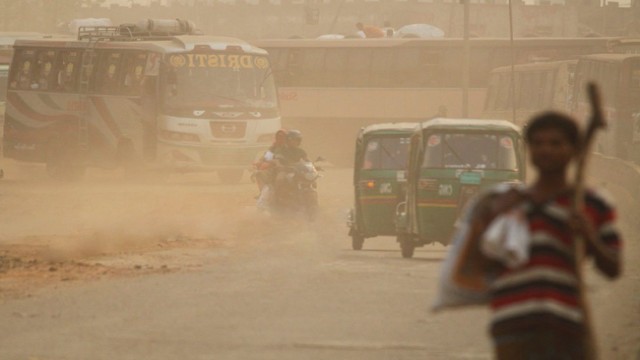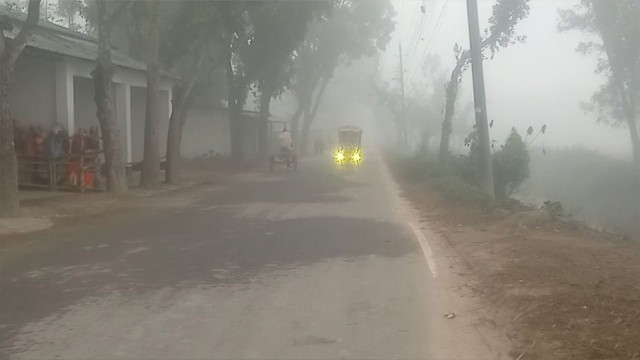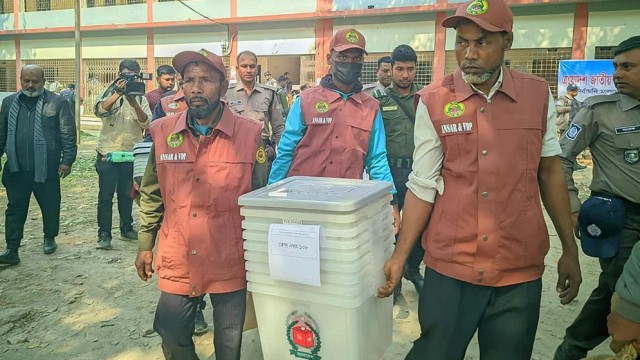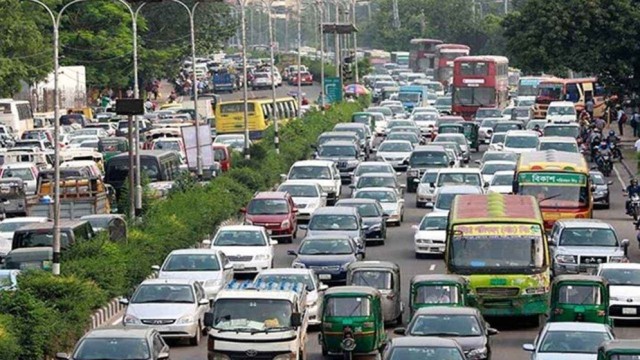Dhaka, the capital of Bangladesh, has secured the third position globally for the worst air quality, registering an AQI index of 197 as of 9 am today (March 19, 2024). This marks the city's second consecutive day classified as 'unhealthy' in terms of air quality, as per the air quality index.
Dhaka, Bangladesh's bustling capital, finds itself entrenched in a battle against worsening air quality, clinching the unenviable third spot on the global list of cities with the poorest air conditions. At 9 am this morning (March 19, 2024), Dhaka's air quality index (AQI) stood at 197, marking the city's second consecutive day categorized as 'unhealthy' according to air quality standards.
The grim reality of Dhaka's air pollution crisis is underscored by India's Delhi securing the top position on the list, followed closely by Pakistan's Lahore and Nepal's Kathmandu, with AQI scores of 265, 264, and 193 respectively. These rankings serve as stark reminders of the urgent need for concerted efforts to mitigate the adverse effects of air pollution on public health and the environment.
The AQI scale offers insights into the severity of air pollution, with values ranging from 'unhealthy for sensitive groups' to 'hazardous'. Dhaka's current AQI reading falls within the 'unhealthy' range, indicative of significant health risks for residents. The pollutants considered in the AQI calculation include particulate matter (PM10 and PM2.5), NO2, CO, SO2, and ozone, reflecting a comprehensive assessment of air quality parameters.
Dhaka's struggle with air pollution is not new, with seasonal fluctuations exacerbating the issue. Typically, air quality deteriorates during the winter months and shows signs of improvement during the monsoon season.
The global impact of air pollution cannot be understated, with the World Health Organization (WHO) highlighting its deadly toll on human health. An estimated seven million lives are lost annually due to air pollution-related illnesses, including stroke, heart disease, respiratory infections, and various cancers.






























Comment: